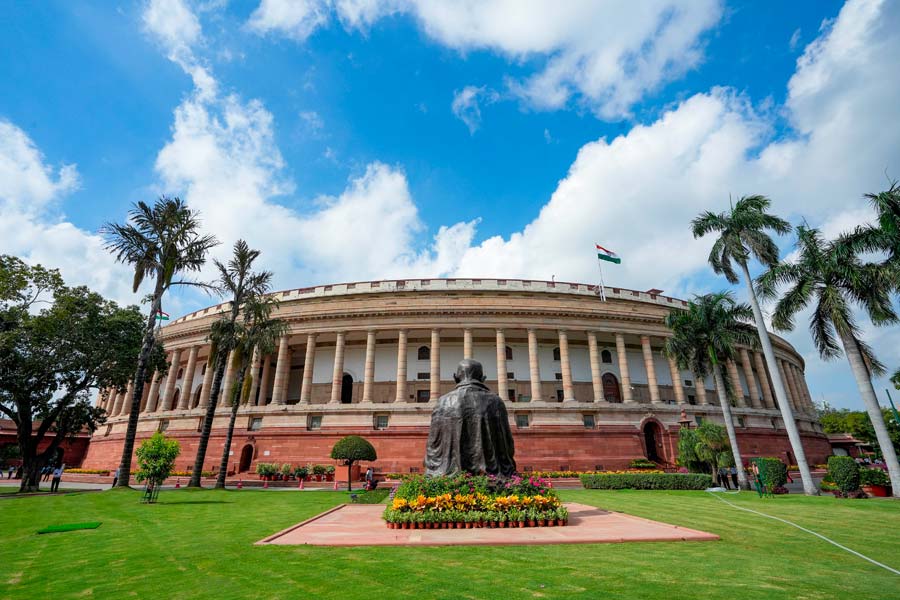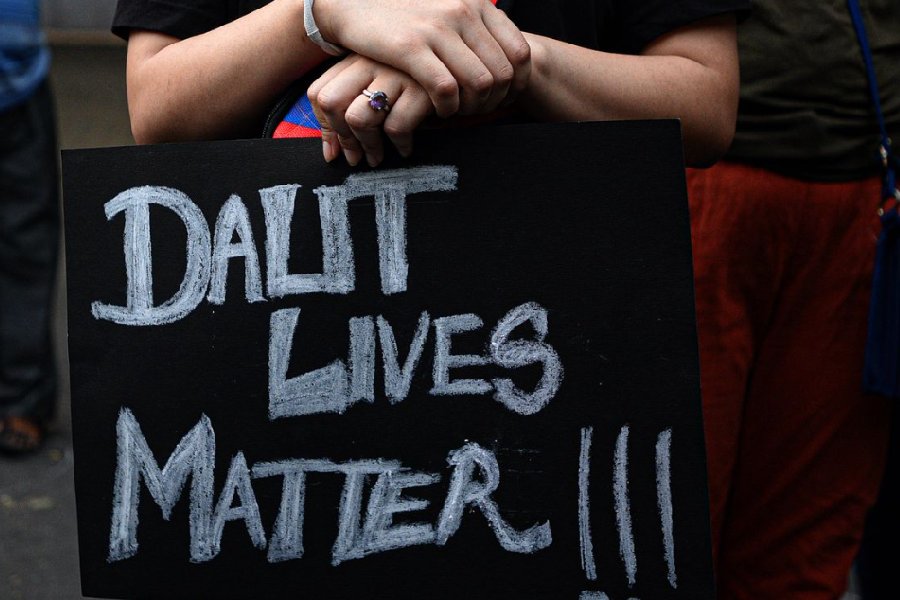Parliament on Thursday passed the Telecommunications Bill, 2023 that aims to reform the country's century-old telecom law to make the sector investor-friendly, prioritises user protection but also extends powers to the government to intercept communications.
The bill, which was cleared by Lok Sabha on Wednesday, was approved by Rajya Sabha through a voice vote on Thursday. Now, the bill will go to the President for assent, after which it will become the law of the land.
It seeks to supersede the existing and archaic regulatory framework for the telecommunication sector, based on the Indian Telegraph Act, of 1885, the Wireless Telegraphy Act (1933), and the Telegraph Wires (Unlawful Possession) Act (1950).
While the bill excludes from its ambit broadcasting, and over-the-top services such as WhatsApp and Telegram, it cements rules for spectrum allocation and provides for a non-auction route for giving airwaves for satellite-based communication services.
The structural reforms are also set to streamline what has so far been a complex licensing system in the telecom sector and usher in a simple authorisation mechanism.
Currently, there are over 100 types of licenses.
Replying to the discussion on the bill in Rajya Sabha, Telecom Minister Ashwini Vaishnaw said colonial era legislations were being replaced, paving the way for the new legislation that matches the aspirations of new India, making it a "historic" and landmark day.
Drawing attention to key provisions in the bill that aim to safeguard telecom users, the minister said impersonation and acquisition of SIM fraudulently using someone else's identity proof for telecom services will be punishable with imprisonment for a term up to three years and a fine of up to Rs 50 lakh.
The bill also lays down similar stringent provisions for phone number spoofing for fraud, and moots an "digital-by-design" online grievance redressal mechanism for addressing users complaints. It also seeks to tighten the noose on pesky callers through various means, including by checking misuse of SIM.
The discussion on the bill in both Houses happened without most of the opposition members as many of them have been suspended for unruly behaviour.
While the industry has called the legislation progressive saying it will boost digital connectivity and innovation, critics said it "extends the colonial powers of interception of communications without any safeguards".
Notably, the Telecommunications Bill has brought clarity on rules with regard to the contentious issue of spectrum assignment while focussing on ease of doing business with migration towards authorisation scheme from licence regime, enhancing protection for communications infrastructure as well as consumers.
On spectrum reforms, the minister said the telecom sector went through a "difficult and dark age" marred by scams and demanded that those responsible for such scams should have to answer to the nation.
"Today through this bill, a clean mechanism and system is being put in place specifying that auction will be the preferred mode for assignment of spectrum, expect for a narrowly-defined category of 19 items mentioned in Schedule 1," Vaishnaw said.
These include categories such as police, fire department, shipping and marine as well as areas where auction is not possible for technical reasons such as satellite communication and backhaul. Spectrum in these cases will be allocated administratively and in a transparent manner, he added.
Telecom operators have been mandated to capture verifiable biometrics data when they issue a new connection.
The bill, however, ignores telecom players' long-standing demand to bring internet-based calling and Over The Top (OTT) applications like WhatsApp, Google Meet and Signal under telecom rules to comply with "same service same rules".
The bill seeks to address issues of continuity of telecom service which may help in cases where a telecom operator for some legal-commercial or technical reason is unable to provide services.
Any spectrum assigned through the administrative process prior to the implementation of the new law will continue to be valid on the terms and conditions on which it had been assigned. This will be for a period of five years from the date it was assigned or till the date of expiry of such assignment, whichever is earlier.
The bill has brought in provision to take back unutilised spectrum before the expiry of permit to use it. However, it does not provide for refund of spectrum price paid by entities for its allocation.
Further, the bill brings in a state government-led dispute resolution structure where the district magistrate and the district judge will decide right of way issues that are related to permits for telecom network roll out.
Anyone causing damage to telecommunication network will be liable for compensation for the damage caused and fine which may extend up to Rs 50 lakh.
The government has brought in procurement of telecom equipment from a trust source within the new bill which was earlier being governed through National Security Directive on Telecommunication Sector.
Also, the bill significantly lowers the penalty cap on telecom operators to Rs 5 crore which was earlier as high as Rs 50 crore in a telecom circle level and Rs 1,100 crore at pan-India level.
To ease the legal dispute process, the bill also has a provision for voluntary disclosure of lapses by a telecom company and to correct the mistake by paying applicable penalties.
Except for the headline, this story has not been edited by The Telegraph Online staff and has been published from a syndicated feed.










